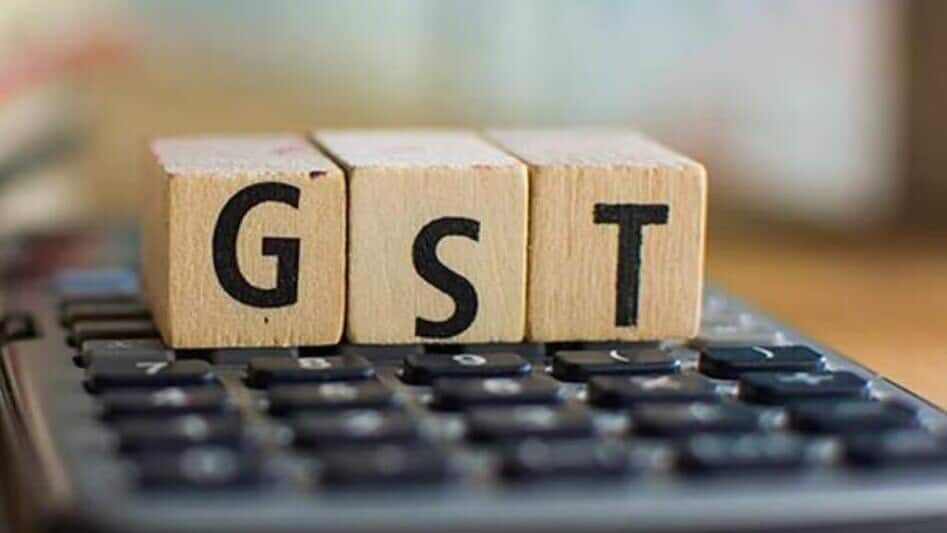
18% GST on used cars: Who will bear the brunt
What's the story
The recent hike in Goods and Services Tax (GST) on used cars from 12% to 18% has triggered a nationwide debate. The GST Council, headed by Finance Minister Nirmala Sitharaman, made the decision during its latest meeting. The tax hike is applicable to all pre-owned vehicles, including electric vehicles (EVs). However, there is confusion over who is liable to pay this increased tax. Here, we decode its implications for buyers and sellers in the automotive market.
Individual transactions
GST implications for individual sellers and buyers
First, the new GST rate doesn't apply when a person sells their used car to another person. So, if you sell your old car to a friend or colleague or cousin, neither of you have to pay this tax. However, the case is different if you buy a second-hand vehicle from platforms like CarDekho, OLX, showrooms or dealers. In that case, an 18% GST will be levied on the profit margin made by these platforms or dealers.
Price effect
GST will hike the prices of old cars
The GST is calculated on the difference between the selling price and purchace price. For example, if a platform purchases a car for ₹1 lakh and sells it for ₹1.4 lakh, then 18% GST would be applicable on the margin of ₹40,000 earned. This could potentially hike the price of used cars available through registered platforms and sellers. Notably, used car dealers sold nearly 51 lakh vehicles in FY2022-23, surpassing the 42.3 lakh new cars sold during the same period.
Business effect
GST hike's impact on used car dealers and platforms
The GST hike is likely to impact car dealers and platforms selling used cars. Mint reports that while this move to standardize tax slabs could affect margins in the short term (despite being able to offset this against input tax credits), Saurabh Agarwal, tax partner at EY, says the proposed amendment by the GST Council could reduce the cost of used electric vehicles.